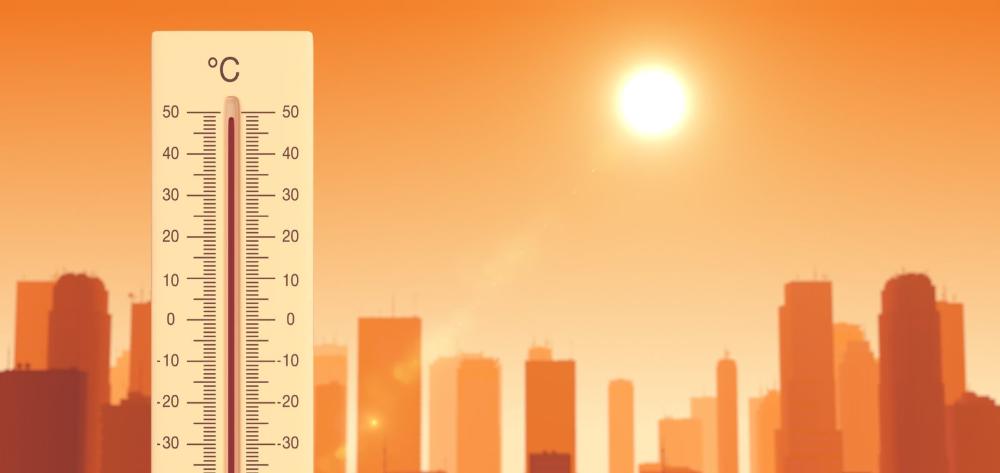
The Record-breaking summer temperatures in 2022 caused more than 68,000 deaths on the continent, according to a study by the Barcelona Institute for Global Health (ISGlobal), a center promoted by the “la Caixa” Foundation. Now, a new study has revealed that More than half of the heat-related deaths in the summer of 2022, specifically 56%, were related to human-induced climate change. According to the research, 38,154 of the 68,593 heat-related deaths in the summer of 2022 would not have occurred if global warming did not exist.
The starting point was a previous investigation in which, using temperature and mortality records of 35 European countriesEpidemiological models were fitted to estimate heat-related mortality in the summer of 2022. Using a data set of anomalies in global mean surface temperature between 1880 and 2022estimated the increase in temperatures due to anthropogenic warming in each region. They then reset those increases to recorded temperatures to get an estimate of what the thermometric records would have been in the absence of anthropogenic warming. Finally, using the model developed in the first study, they estimated mortality for a hypothetical scenario in which these temperatures would have occurred without warming.
The results, published in npj Climate and Atmospheric Sciencesshowing that the number of heat related deaths per million inhabitants attributed to anthropogenic warming were the double in southern regions than in the rest of Europe.
In line with previous studies, the team found a higher number of heat-related deaths attributed to climate change among women (22,501 of 37,983 deaths) and people aged 80 or older (23,881 of 38,978 deaths) compared to men (14,026 of 25,385 deaths) and people aged 64 or younger (2,702 of 5,565 deaths).
“This study sheds light on the extent to which global warming affects public health. Although we observed an increase in heat-related mortality in almost all the countries analyzed, not all people are affected equally, with women and the elderly being especially vulnerable to the adverse effects of rising temperatures,» he says. Teresa BeckISGlobal researcher and first author of the study.
!function(e,n,i,s){var d=»InfogramEmbeds»;var o=e.getElementsByTagName(n)[0];yes(window[d]&&window[d].window initialized[d].process&&window[d].process();else if(!e.getElementById(i)){var r=e.createElement(n);r.async=1,r.id=i,r.src=s,o.parentNode.insertBefore (r,o)}}(document,»script»,»infogram-async»,»https://e.infogram.com/js/dist/embed-loader-min.js»);
Urgent need for ambitious adaptation and mitigation measures
Temperatures in Europe are rising twice as fast as the global average, compounding the health effects. But climate change has not only exacerbated heat-related mortality in exceptionally hot summers like 2022. According to the study’s conclusions, among the 44% and 54% of summer mortality heat related between 2015 and 2021 can be attributed to global warming. In absolute terms, this corresponds to an annual burden of between 19,000 and 28,000 deaths. In comparison, the figures for 2022 show an alarming 40% increase in heat-related mortality and a two-thirds increase in mortality attributed to anthropogenic warming.
“Our study urgently calls on governments and national authorities on the European continent to increase the ambition and effectiveness of surveillance and prevention measures and to implement new adaptation strategies and global mitigation efforts. Without action, record temperatures and heat-related mortality will continue to rise in the coming years,” he says. Joan Ballester Claramuntprincipal investigator of the EARLY-ADAPT project of the European Research Council (ERC) (https://www.early-adapt.eu/).
Reference
Beck TM, Schumacher DL, Achebak H, Vicedo-Cabrera AM, Seneviratne SI, Ballester J. Mortality burden attributed to anthropogenic warming during Europe’s record-breaking summer of 2022. npj Climate and Atmospheric Sciences. October 2024. Doi: 10.1038/s41612-024-00783-2





